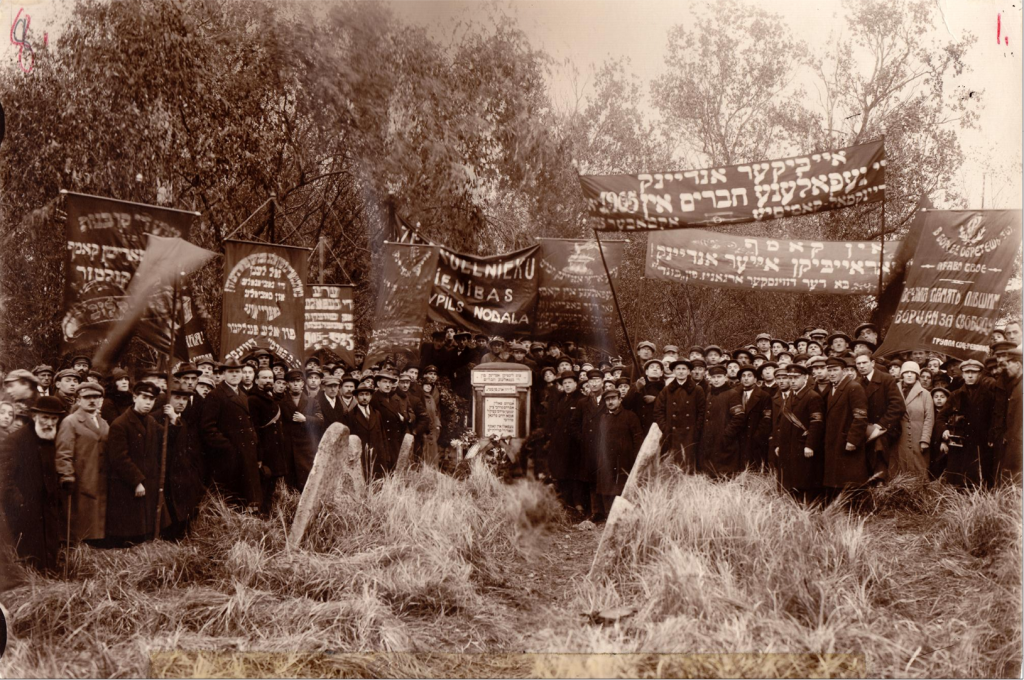Vyakheyl / ויקהל

This is a weekly series of parsha dvarim written by a frum, atheist, transsexual anarchist. It's crucial in these times that we resist the narrative that Zionism owns Judaism. Our texts are rich—sometimes opaque, but absolutely teeming with wisdom and fierce debate. It's the work of each generation to extricate meaning from our cultural and religious inheritance. I aim to offer comment which is true to the source material (i.e. doesn't invert or invent meaning to make us more comfortable) and uses Torah like a light to reflect on our modern times. The full dvar is paywalled for four weeks to help me sustain my work as a writer; if you can't afford to subscribe, email me and I'll send you the link for free.
An appeal: It's Ramadan, which means it's a great time to donate to people in Gaza. My friend Madleen needs help to support her children. This fundraiser is run by a friend of a comrade, and I talk to Madleen regularly. Any amount helps, no matter how small.
Content note: mention of genocide and medical trauma in Gaza
In the parsha this week, Moishe Rebeynu relays Hashem's instructions on the importance of keeping Shabos and how to build the Mishkan. Only the most precious materials are permitted—gold, silver, copper, fine yarns and linens and goat hair, dolphin skins, acacia wood, oil, spices, and gemstones—and the most skilled artisans are to work on its construction. Moishe tells the people what to bring and they do so in abundance:
וַיְצַ֣ו מֹשֶׁ֗ה וַיַּעֲבִ֨ירוּ ק֥וֹל בַּֽמַּחֲנֶה֮ לֵאמֹר֒ אִ֣ישׁ וְאִשָּׁ֗ה אַל־יַעֲשׂוּ־ע֛וֹד מְלָאכָ֖ה לִתְרוּמַ֣ת הַקֹּ֑דֶשׁ וַיִּכָּלֵ֥א הָעָ֖ם מֵהָבִֽיא׃
וְהַמְּלָאכָ֗ה הָיְתָ֥ה דַיָּ֛ם לְכׇל־הַמְּלָאכָ֖ה לַעֲשׂ֣וֹת אֹתָ֑הּ וְהוֹתֵֽר׃
Shemoys 36:5–7
This is an instructive and utopic vision of community collaboration. If we all show up and do our part, there's more than enough. I've seen bail funds and medical crowdfunders hit their targets in a few short hours.
But while we pour ourselves into one thing—especially if it's the same thing everyone else is focusing on—others might go neglected. While there's no wrong answer on where to direct our help, it's worth trying to prioritize based on urgency (as long as the task of weighing need doesn't prevent us from helping at all).